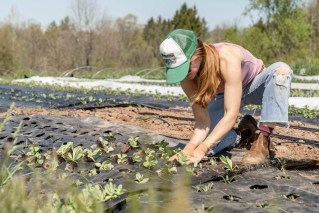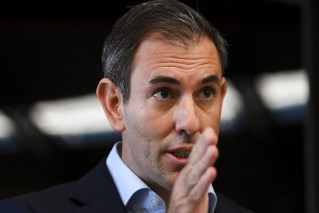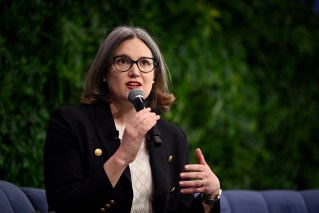Cost of retirement spikes but super nest eggs resume healthy growth
The share rally in July effectively wiped out almost all the losses suffered by superannuation funds last financial year, according to Chant West.


Retirement costs climbed in the September quarter (file photo)
But separate figures from the superannuation industry showed rising inflation meant Australians would need to spend 2 per cent more a year to fund a comfortable retirement.
Chant West said Australian shares rallied 6 per cent in the month of July, international shares rose by 7.1 per cent, but the increase in the value of the Australian dollar brought that back to a 5.4 per cent increase.
Bonds also bounced back as yields fell creating a 3.4 per cent rally on the Australian market and 2.5 per cent internationally.
“So in just one month we’ve seen funds regain almost all of the previous financial year’s loss of 3.3 per cent,” Chant West senior investment research manager Mano Mohankumar said.
The rally meant that despite the challenges of recent times the median growth funds was 11 per cent up on its pre-Covid peak at the end of January 2020.
“This should be a great comfort for fund members,” he said.
The Association of Super Funds Australia also released its June quarter retirement standard data today showing how rising inflation was having a significant impact on retirees, particularly in relation to non-discretionary items such as food, fuel and health costs.
The increases meant that a 65-year old couple would need to spend $66,725 a year for a comfortable retirement, a rise of 2 per cent.
ASFA deputy chief executive Glen McRea said health costs were a major factor. Private health insurance costs rose in April and out of pocket expenses for dental, optical and gap payments for hospitals were substantial.
He said the largest price increases were for fuel (32 per cent).
Despite the increases, he said superannuation was achieving its objective of materially lifting the standards of living for older Australians.
He said the latest data showed that only 40 per cent of people aged between 66 and 70 received the aged pension which showed the success of compulsory super.












